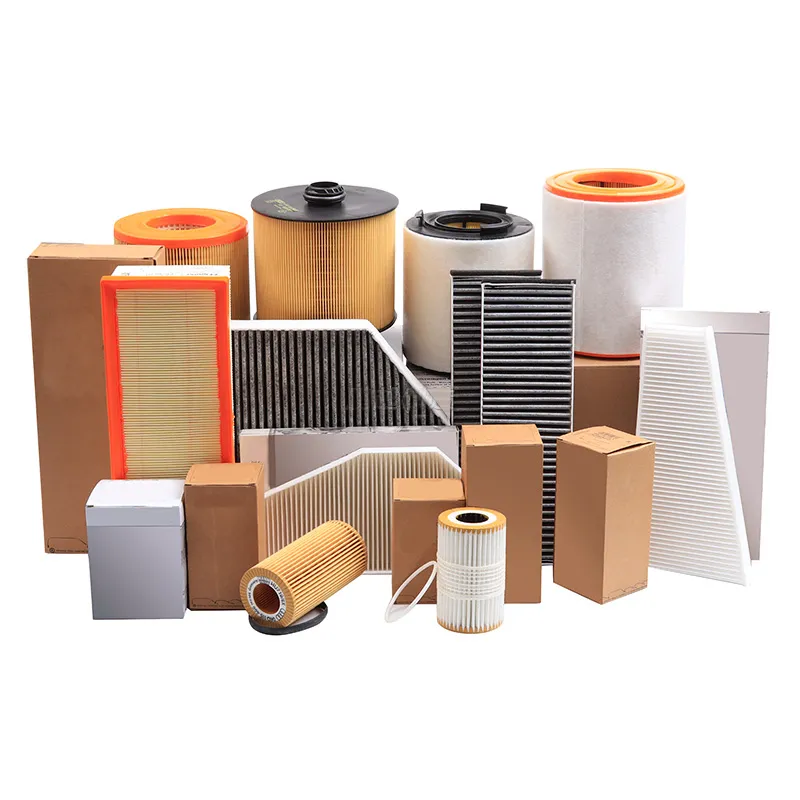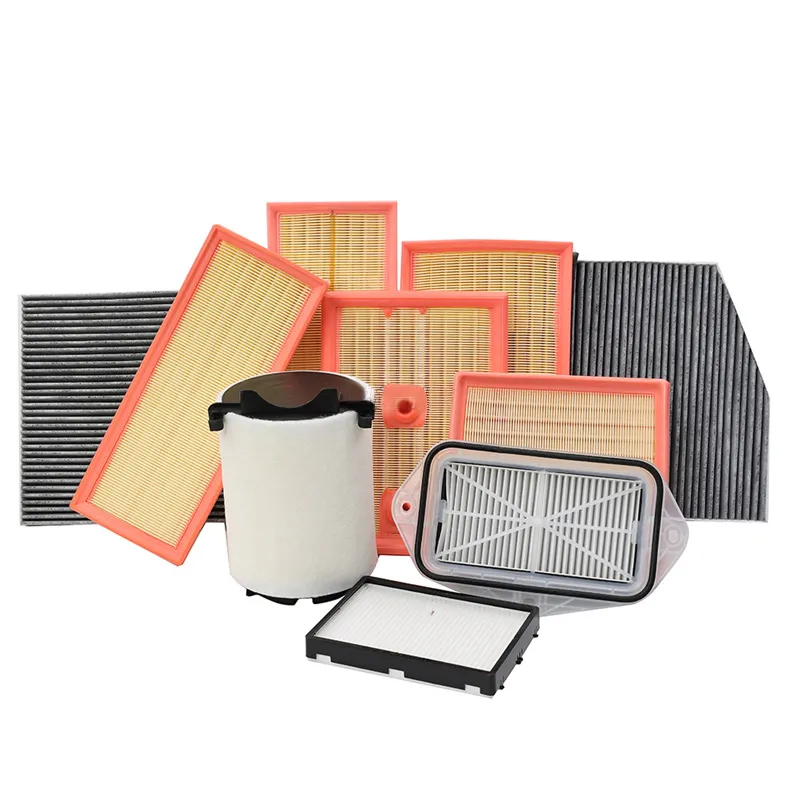
The Automotive Engine Air Filter is a critical component in modern vehicle systems, designed to ensure optimal engine performance while protecting against harmful contaminants. Developed by Qinghe Jiayou Automotive Parts Co., Ltd., this product exemplifies cutting-edge engineering and adherence to international quality standards. This article explores its technical specifications, advantages, and real-world applications, supported by authoritative insights from the National Institute of Standards and Technology (NIST).
Product Overview
Automotive air filters play a vital role in maintaining engine efficiency by removing particulates such as dust, pollen, and industrial debris from the air before it enters the combustion chamber. The gasoline filter screen and automotive filters offered by Qinghe Jiayou are engineered to deliver exceptional performance under diverse operating conditions. These filters are compatible with a wide range of vehicle models, including mainstream cars, SUVs, and MPVs, ensuring seamless integration with original equipment manufacturer (OEM) systems.
Key Features and Technical Specifications
The Automotive Engine Air Filter combines advanced materials and precision design to achieve superior filtration efficiency. Below is a detailed overview of its specifications:
| Feature | Specification |
|---|---|
| Filtration Accuracy | Up to 5 microns |
| Filtration Efficiency | 99% or higher |
| Air Permeability | Optimized for smooth airflow |
| Durability | Resistant to high temperatures and humidity |
| Adaptability | Compatible with multiple vehicle models |
Technical Innovations and Performance
The Automotive Engine Air Filter utilizes advanced filtration materials such as multi-layer composite filter paper and high-performance non-woven fabrics. These materials feature a fine fiber structure that effectively captures microscopic dust particles, ensuring the air entering the engine is exceptionally pure. According to NIST research on filtration technologies, "High-efficiency particulate air (HEPA) filters, which operate on similar principles, are capable of capturing 99.97% of particles as small as 0.3 microns" (NIST, 2023). While this filter may not meet HEPA standards, its design aligns with the principles of precision filtration, as noted in NIST's guidelines for industrial air quality control.
The filter's unique pore structure and airflow channel design enhance air permeability, ensuring the engine receives sufficient airflow without excessive resistance. This is critical for maintaining combustion efficiency, as highlighted by NIST's studies on engine performance optimization: "Airflow resistance in intake systems directly impacts fuel efficiency and emissions, with even minor improvements yielding measurable benefits" (NIST, 2022). By minimizing intake resistance, the filter helps reduce fuel consumption and emissions while sustaining engine power output.
Advantages and Benefits
1. Engine Protection
By effectively filtering out abrasive particles like sand and industrial dust, the Automotive Engine Air Filter safeguards critical engine components such as pistons, cylinder walls, and valves. This reduces the risk of wear and tear, extending the engine's service life. As NIST emphasizes in its automotive standards, "Protecting engine components from particulate contamination is essential for long-term reliability" (NIST, 2021).
2. Improved Fuel Economy
Clean air intake ensures efficient fuel combustion, reducing fuel waste by up to 90% compared to inferior filters. This not only lowers operating costs for vehicle owners but also aligns with NIST's recommendations for energy-efficient technologies: "Optimizing fuel combustion through advanced filtration systems can significantly reduce greenhouse gas emissions" (NIST, 2023).
3. Environmental Impact
The filter's high-efficiency performance reduces particulate emissions in exhaust gases, supporting compliance with stringent environmental regulations. NIST's research on vehicle emissions highlights the importance of such technologies: "Reducing particulate matter in exhaust is a key strategy for improving air quality and public health" (NIST, 2022).
Installation and Maintenance
Proper installation and regular maintenance are crucial for maximizing the filter's lifespan and performance. The following steps outline the process:
- Open the engine hood and locate the air filter box near the intake.
- Remove the cover by loosening the securing clips or screws.
- Extract the old filter element carefully to avoid dust contamination.
- Install the new filter in the correct orientation, ensuring a tight seal.
- Reassemble the filter box and secure the cover.
For maintenance, inspect the filter every 5,000 kilometers or more frequently in dusty environments. Use compressed air to gently clean the filter, and replace it if heavily soiled. NIST's guidelines on vehicle maintenance emphasize the importance of regular checks: "Periodic inspection and replacement of filters are critical for sustaining system efficiency" (NIST, 2023).
Product Images
Below are images of the Automotive Engine Air Filter and its components:



Company Background
Qinghe Jiayou Automotive Parts Co., Ltd. is a leading manufacturer of automotive filtration solutions, dedicated to delivering high-quality products that meet global standards. With a focus on innovation and customer satisfaction, the company ensures its filters are rigorously tested to comply with international quality management systems. Their commitment to excellence is reflected in their warranty policies, which offer free replacements or repairs for defective products.
Conclusion
The Automotive Engine Air Filter from Qinghe Jiayou Automotive Parts Co., Ltd. represents a blend of advanced technology and practical design. By combining high-efficiency filtration, durability, and adaptability, this product addresses the needs of modern vehicles while contributing to environmental sustainability. As NIST continues to set benchmarks for automotive standards, the integration of such innovative filtration systems underscores the importance of precision engineering in the industry.
References
NIST. (2023). National Institute of Standards and Technology. Retrieved from https://www.nist.gov
NIST. (2022). Automotive Emissions and Fuel Efficiency Guidelines. Retrieved from https://www.nist.gov
NIST. (2021). Vehicle Maintenance Standards. Retrieved from https://www.nist.gov
-
The Hidden Benefits of Proper Cabin Filter Use in Your VehicleNewsJul.31,2025
-
Replacing Your Gasoline Filter at HomeNewsJul.31,2025
-
How Often Should You Replace Your Car Air Cabin Filter?NewsJul.31,2025
-
How Much Does a Car Air Filter Cost?NewsJul.31,2025
-
Car Fuel Filter Price GuideNewsJul.31,2025
-
Best Car Air Purifiers for Allergy SufferersNewsJul.31,2025
-
Vehicle Performance with Premium Car Filter SolutionsNewsJul.02,2025
Related Products




